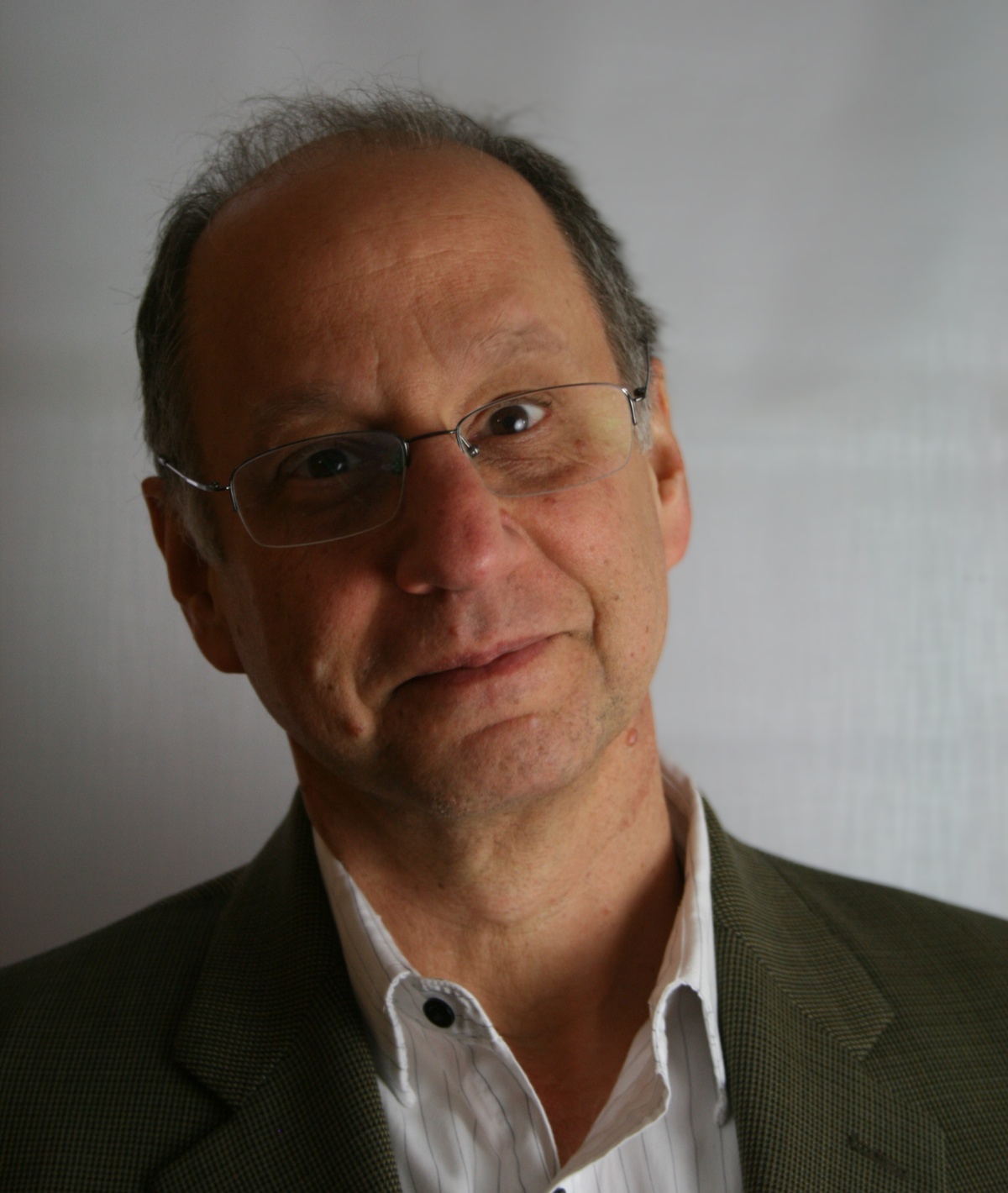 |
Kia Siang Hock, Assistant Director, Infocomm
National Library Board (NLB) of Singapore
SINGAPORE
Keynote Title: Connecting Users and Content Beyond Keywords
Siang Hock currently oversees the Solution Architect Office at the National Library Board (NLB) of Singapore. In this role, he and his team are heavily involved in the conceptualisation, PoCs and development of the various innovative services at NLB.
Keynote Description:In today's highly interconnected internet and mobile world, the average user has access to a wide range of search engines and mobile devices to search and find information.
How do libraries add value to users when most of them are able to find the information that they need without the help of libraries and librarians. Many users have told us that they do not need the authoritative information that libraries and librarians say that libraries have, and that users may not have easy access outside the library's system. They just do not care enough for this, as they do not need that completeness nor total accuracy for most of their information needs.
The National Library Board (NLB) of Singapore has been developing and innovating its library services the past 17 years in an intensive manner. Today, we can say we are probably up there where the physical library service is concerned. Everything that can be automated and everything that we can let users do themselves are done by users. Though Singapore has a small population of 5.3 mil in an area of some 670 sq km, the NLB's 25 libraries receive over 38 mil visitors annually. And most of them are very satisfied users, at least in the realm of the physical library services.
Over the past 6-7 years, the NLB digitised a sizeable proportion of its heritage content, including complete runs of newspapers for eg, The Straits Times, from 1845 to date. The newspapers which are OCRed can be searched and retrieved from anywhere from 1845-1989 using keywords. Content after 1989 can be accessed onsite. This proves to be a very popular and highly valued service. Over 6 mil page views are recorded last year. A large proportion of these users found the NewspaperSG service through Google and other search engines.
Our focus now is to look at how we value add to users on the digital side. We feel that on top of just allowing users to key in keywords to search, there must be more effective ways to enable users to find what they want in an easy and precise manner, once they find us through any search engine. We present some of these ideas in our presentation, including linked data, data mining and text analysis. We will illustrate with some examples of how we foresee the way forward. Most of this work is still experimental and not conclusive yet.
|















